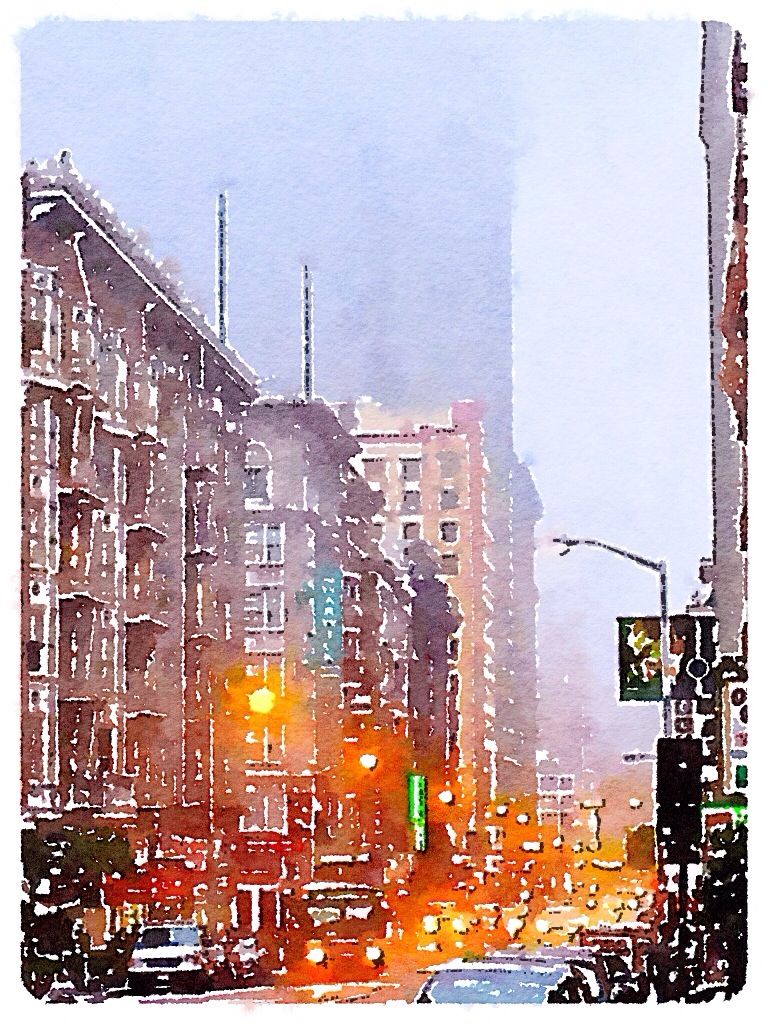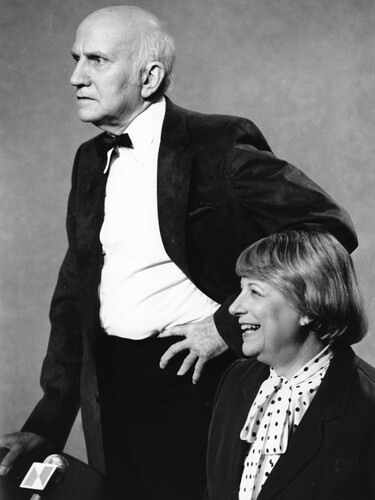Kevin Kelly Interview – transcript:
http://edge.org/conversation/the-technium
Sums up many of his ideas. I find his clarity inspiring. There are just some ideas he explains well.
with new tools:
So you have the power to do evil expanded. You have the power to do good expanded. You think that’s a wash. In fact, we now have a choice that we did not have before, and that tips it very, very slightly in the category of the sum of good.
Does it? I can’t quite make that moral leap, but what is clear is that there are more options. For the baddies too! The root of evil may be ignorance and there fore as knowledge tools improve so does good?
I like this idea too:
It may be that for us to really master the issues of attention management, critical thinking, learning how technological devices work and how they bite back, all this techno-literacy may be something that we have to spend several years being trained to do. Maybe you can’t just learn it by hanging around people who do it or else just hanging around trying to learn it by osmosis. It may require training and teaching, a techno-literacy, and learning how to manage your attention and distractions is something that is probably going to require training.
I think the same about relationship. We now have so many relationship tools that need teaching that we need, as he puts it (in relationship to new media):
We know that from plenty of studies of literate and illiterate people from the same culture—that reading and writing changes how your brain works. That only came about because of four or five years of deliberate practice and study…
I get inspired like this with Kevin Kelly usually because I like what he says about the future and tools, but sense that I have a psychological perspective that he, and the whole Edge buch miss.
The evolution of psyche.
Then I want to get writing.
I also like:
There’s this conundrum, this dilemma of remaining different while connected, because if you’re just different but not connected, there’s no power in that, and that’s actually easy to do, but can you remain different while connected? You’re different in certain degrees, yet you’re part of the uniform standard. So it’s like you don’t want to make up new words that don’t mean anything. You want to write a book that uses the standard words in the dictionary, so you’re going to be different while connected to the standard. You’re connected to the English language, but you’re going to be different with what the words say.
I suppose that is what we get heretics, they speak to powers they are connected with. Not just to the desert.
I now want to read the “new economy”






